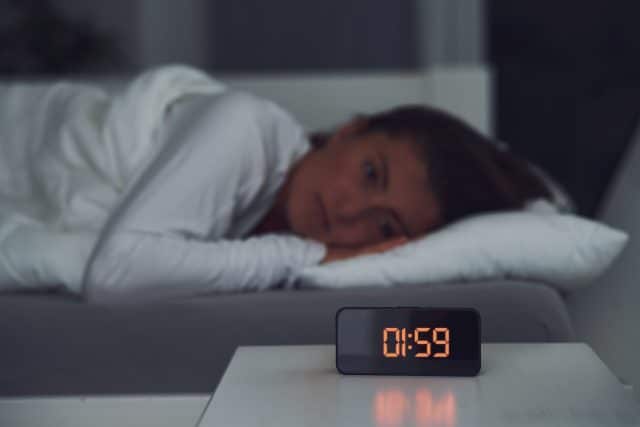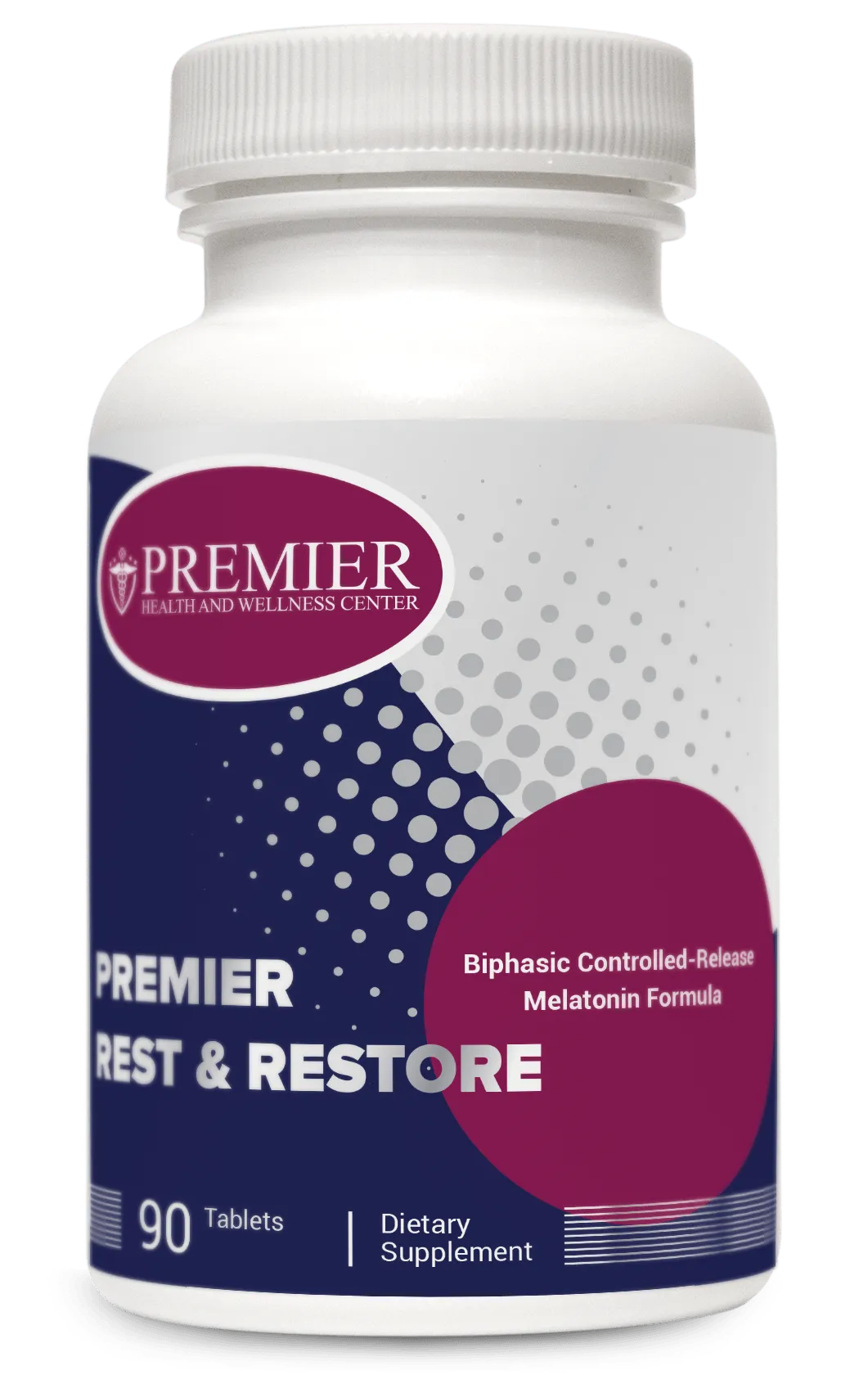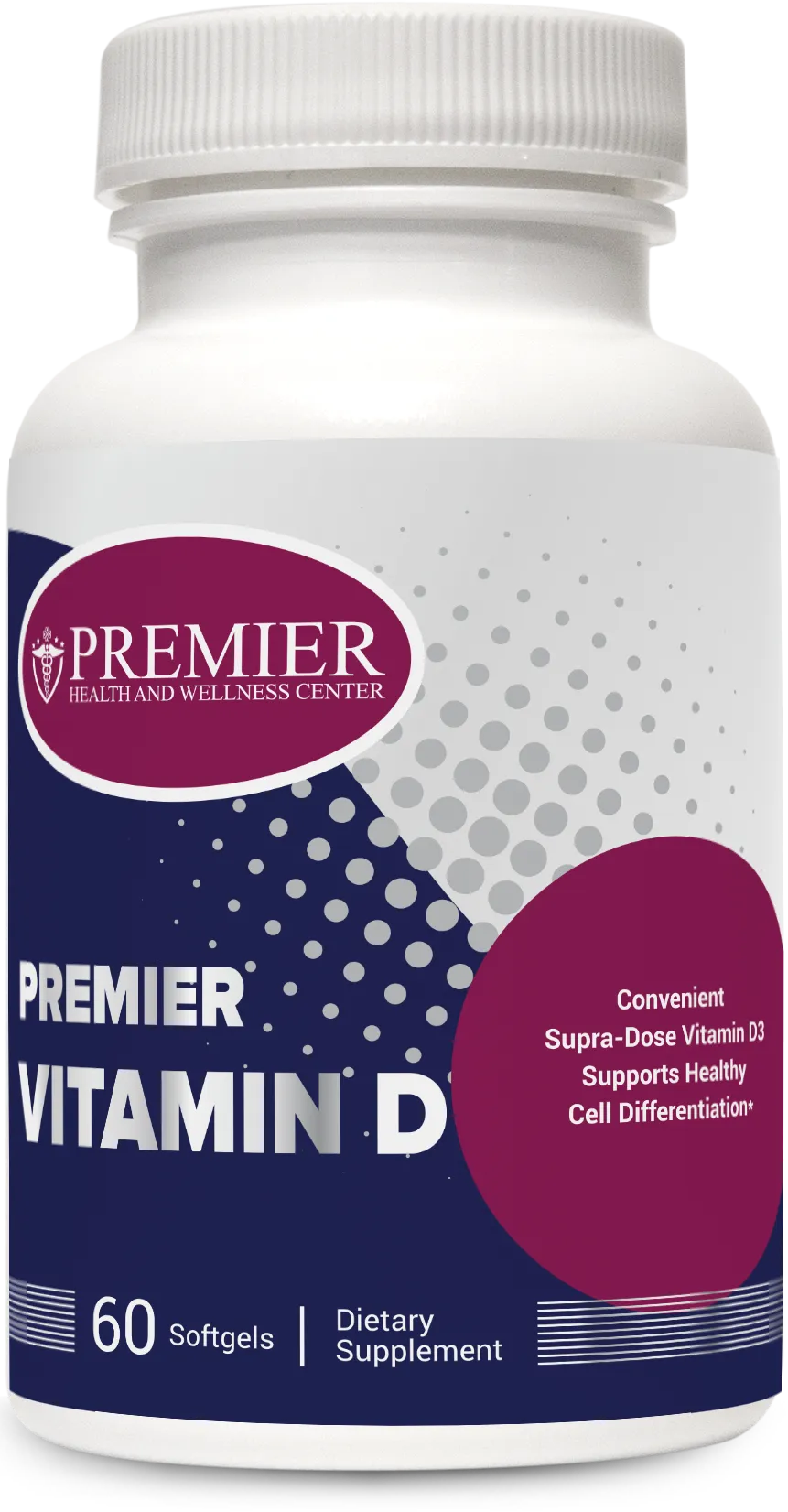
If you’ve struggled to fall asleep, you’re not alone!
Approximately 62% of people around the world experience sleeping difficulties, with insomnia impacting over 237,000,000 people worldwide. Despite the widespread prevalence of insomnia, many different causes and treatments exist.
This article will discuss some insomnia remedies and treatments so you can get some quality shut-eye again!
What is Insomnia?
To understand how you can stop your insomnia, it’s helpful to know what insomnia is. Insomnia is a sleep disorder that causes trouble staying asleep, falling asleep or both. It can also occur as part of another sleep disorder, such as obstructive sleep apnea. This condition can lead to
- daytime fatigue
- irritability
- depression
- anxiety
- poor concentration
- memory loss
- an increased risk of accidents and injury
- higher risk of medical problems such as heart disease and high blood pressure
Each person’s experience with insomnia is different. For some people, insomnia lasts a few nights; for others, it may last weeks or months at a time. In some cases, insomnia becomes a long-term problem that interferes with daily activities and relationships with others.
Insomnia can be short-term (transient or acute) or long-term (chronic). Acute insomnia lasts less than three months, while chronic insomnia lasts more than three months. The type you have affects what kind of insomnia help you need.
Signs of Insomnia
There are many different signs of insomnia, including:
- Difficulty falling asleep
- Getting up too early and having a hard time going back to sleep
- Frequent waking up in the middle of the night and difficulty getting back to sleep each time
- Feeling tired throughout the day, even after a full night’s rest (7-8 hrs. of sleep)
- Being irritable and having trouble concentrating, remembering things, or solving problems
What Causes Insomnia?
Many factors can cause insomnia, including:
- Stress and anxiety (financial difficulties or relationship problems, death of a loved one, incoming events)
- Medications include medications for high blood pressure, heartburn, and depression.
- Sleep apnea
- Depression and other mood disorders
- Pain from arthritis, or other conditions may keep you awake at night (restless leg syndrome)
- Hormonal changes or imbalances that cause circadian rhythm disruptions (menopause or hypothyroidism)
- Poor sleeping environment
- Circadian rhythm disorders (such as jet lag or shift work)
- Medical conditions such as heart disease, arthritis, asthma, diabetes, and chronic obstructive pulmonary disease (COPD)
- Substance or alcohol use, including withdrawal and recovery
Medical Interventions: Best Ways to Cure Insomnia
If you’re looking for a cure for insomnia, you must get a proper diagnosis from your doctor first. There is no single test available for diagnosing insomnia. Instead, your doctor will do a physical examination and ask questions about your sleeping problems and symptoms. Next, they will review your medical history, including your sleep cycle history and any medications that affect your sleep.
Other ways a doctor can diagnose insomnia include:
- Blood tests to determine thyroid disorders and other sleep-related conditions.
- Undergo a sleep study at a sleep center. It includes monitoring and recording brain waves, respiratory, heartbeat, body, and eye movements while you sleep.
- Sleep habits review consists of completing a questionnaire regarding sleeping patterns and sleepiness during the day. You may also need to record your sleep for a couple of weeks using a sleep diary.
There are several insomnia treatments available that can help you get the sleep you need. If no medical condition is present, your doctor may recommend behavioral therapies, medications, and lifestyle changes to help you deal with your sleep issues. Let’s discuss each one in detail below:
Medications
A variety of medications are available for the treatment of insomnia. Some drugs work by altering brain chemistry to increase sleepiness, while others affect our bodies’ natural sleep rhythms.
- Benzodiazepines such as diazepam, clonazepam, and alprazolam are another class of sedatives that doctors often prescribe for insomnia. Generally, doctors don’t recommend taking prescription sleeping pills longer than a few weeks. With long-term use, these medications may cause dependence and tolerance, requiring increasingly higher doses to achieve the same results.
- Nonbenzodiazepines such as zaleplon, Zolpidem and zopiclone. The potential for dependency and abuse is lower with nonbenzodiazepines than with benzodiazepines.
- Over-the-counter sleep aids such as antihistamines or melatonin supplements. Antihistamines in nonprescription sleep medications are not intended for regular use
- Some antidepressants can help relieve insomnia by lessening the amount of time it takes to fall asleep and reducing the number of times you wake up during the night.
Cognitive Behavioral Therapy
CBT for insomnia or CBT-I helps you recognize unhelpful thoughts or behaviors that can contribute to insomnia and learn how to replace them with positive ones that promote healthy sleep habits. CBT-I includes the following strategies:
- Light therapy
- Stimulus control therapy
- Paradoxical intention or remaining passively awake
- Relaxation techniques
- Changing basic sleep habits or sleep hygiene
Best Home Remedies and Other Tips for Insomnia
Practice good sleep hygiene at home to get better sleep by following the tips below:
- Reduce your caffeine intake before bedtime
- Keep your bedroom dark, quiet, and cool to encourage sound sleep
- Stick to a regular sleep schedule to regulate circadian rhythms
- Avoid caffeine and alcohol close to bedtime
- Eat regular meals during the day and avoid heavy meals late at night.
- Limit daytime naps
- Take a warm bath or shower
- Use aromatherapy
- Exercise regularly
- Make sure your mattress is comfortable and supportive for you
- Don’t use electronic devices such as computers or smartphones at least 30 minutes to an hour before bedtime- these activities stimulate brain activity and make it harder to fall asleep.
- Listen to ASMR (autonomous sensory meridian response), white noise, and other soothing types of music
- Try stress reduction techniques such as yoga or meditation to help you relax before bedtime.
Premier Health and Wellness Center’s Best Remedies for Sleep
Sleep is a crucial part of everyone’s health and wellness. It’s the time when our body repairs itself and restores energy levels. At Premier Health and Wellness Center, we offer supplements that can help you sleep better:
Premier Rest and Restore
Melatonin is a hormone our bodies naturally produce, and it helps to regulate the sleep-wake cycle. When it gets dark, the pineal gland produces melatonin levels that peak about 30 minutes after you fall asleep. However, melatonin production decreases as you get older and can also be affected by stress, light exposure, and exercise. To address this decrease, melatonin supplements are recommended.
You can find melatonin pills everywhere, but Premier Rest and Restore is your best option.
It features a vegetarian formula and a biphasic release that releases melatonin quickly and then steadily. We provide a formula that supports the synchronization of the body’s circadian rhythms and promotes sound sleep. Premier Rest and Restore also contain pyridoxine, which aids melatonin synthesis and may help recall dreams.

Premier Magnesium
According to studies, magnesium supplementation for eight weeks at a dose of 500 milligrams per day helps decrease nighttime awakenings, improve sleep and elevate levels of natural melatonin among older adults with insomnia.
Premier Magnesium helps you perform better during the day and fall asleep easier at night. Our formula contains Albion®’s TRAACS® magnesium lysinate glycinate (mineral amino acid chelate) and Albion’s chelated dimagnesium malate—designed to enhance absorption. A key characteristic of Albion TRAACS is that it is immune to competitive minerals, does not weaken vitamins, and poses a smaller risk of overdose.

Premier Vitamin D
The role of vitamin D in sleep regulation is becoming more evident. Children and adults with vitamin D deficiency are at a higher risk of having sleep disorders and experiencing sleep difficulties, shortened sleep cycles, and sleep disturbances at night.
Promote healthier sleep cycles with Premier Vitamin D. D3 5000 is cholecalciferol made using a natural micellized formula which means the body will absorb it far better than other tablets or capsules. This liquid process allows for optimal bioavailability, and the sunflower oil maintains the natural structure of Vitamin D, meaning it won’t break down before it gets absorbed by your body!

CBD Oil
CBD oil is one of the most popular natural remedies for sleep. It reduces anxiety by calming the mind and body. This is especially helpful if you have trouble falling asleep due to racing thoughts or an overactive mind.
Premier Health and Wellness Center’s CBD Oil contains full-spectrum hemp extract and MCT oil. We provide CBD oils consisting of naturally occurring cannabinoids found in hemp plants without the psychoactive properties of THC.
Our CBD Oil undergoes a testing process to ensure THC levels are low and that active cannabinoids are present in each batch. PHWC’s CBD Oil has three flavors: cool mint, orange dreamsicle, and cherry bomb.
Get Yourself a Good Night’s Rest!
Sleep is crucial for your health and well-being, so doing everything possible to get a good night’s rest is one of the best things you can do for yourself! Follow the tips above, and if the effects are not enough to cure your insomnia, seek a doctor’s help immediately.
If you’re interested in trying Premier Health and Wellness Center supplements for better sleep, contact us so we can determine which dosage and method are most appropriate for you. For more information, please call PHWC at 441-292-5111 or visit www.phwcbermuda.com to book an appointment online. You can also email us at info@premierhealth.bm.
